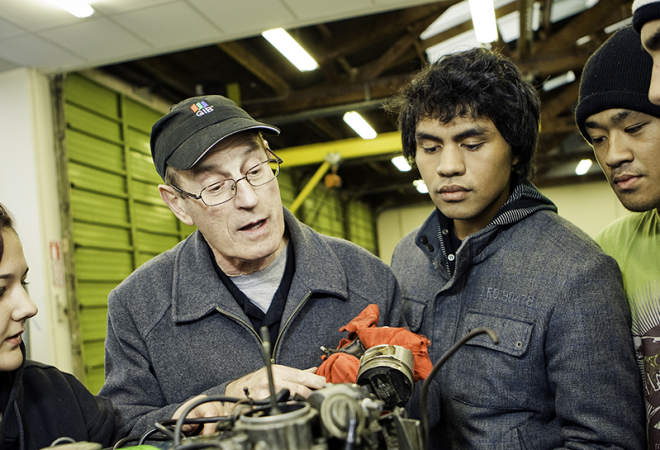
Māori learners in the workplace setting
Status
Completed: 13 March 2013
Project Details
A project exploring the experiences of Māori learners in industry training organisations to understand how to best support Māori learners in the workplace. A collaboration involving Industry Training Federation, Kāhui Tautoko Consulting Ltd, Electrotechnology ITO (ETITO), Building and Construction ITO (BCITO) and the Motor ITO (MITO).
Aims:
The project aimed to help the industry training system become more responsive to the needs of Māori learners. Specifically, the project aimed to answer the following three research questions:
- What is distinctive about how Māori apprentices learn or approach learning in workplace settings, specifically in trades industries?
- Are there aspects of how Māori apprentices learn or approach learning that may provide pointers to how completions can be increased?
- How can training and career pathways be strengthened for Māori apprentices?
Methodology:
The project used a qualitative approach, featuring:
- focus groups with 35 key stakeholder participants
- 184 interviews with 34 learners over a seven-month period.
Team
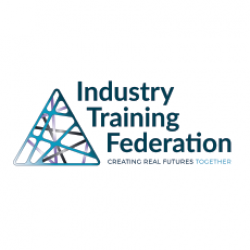
Jenny Conner
Contact Project Leader
Industry Training Federation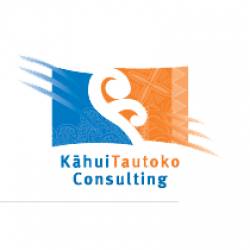
Mara Andrews
Kāhui Tautoko Consulting Ltd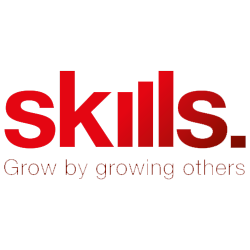
Martin Draper
Electrotechnology ITO (ETITO)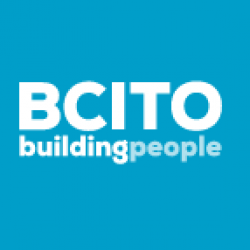
Loretta Garrow
BCITO
Te Raina Gunn
Kāhui Tautoko Consulting Ltd
Sylvia Heywood
Electrotechnology ITO (ETITO)
Bruce Horsley,
Building and Construction ITO (BCITO)
Cain Kerehoma
Kāhui Tautoko Consulting Ltd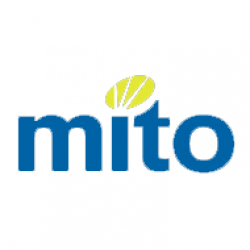
Verna Niao
Motor ITO (MITO)
Caren Rangi
Kāhui Tautoko Consulting Ltd
Carmin Young
Motor ITO (MITO)Status
Funding
$107,200.00 (excl GST)
Key Findings
- The enablers and barriers to workplace-based learning for Māori trainees are multi-layered, involving a complex mix of the elements as shown in the model, Te Ako Tiketike.
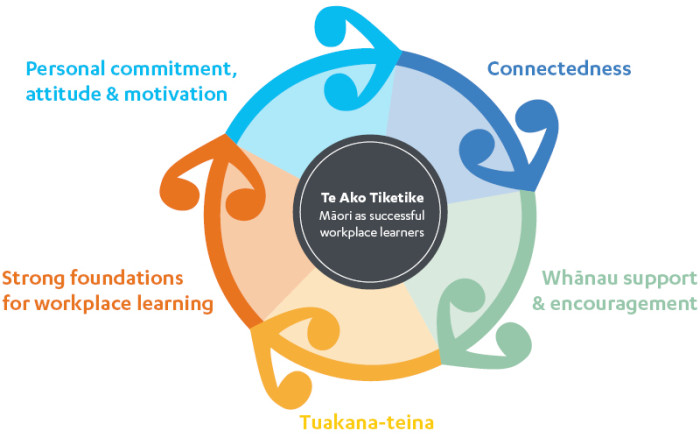
Te Ako Tiketike
- Māori have some distinctive learning needs expressed in six key principles.
- Ako is a principle that recognises the knowledge that both teachers and learners bring to learning interactions and affirms the value of collective learning approaches.
- Connections through whakapapa (genealogy) are vitally important to Māori and firmly connect learners to their iwi, hapū and marae, as well as their cultural heritage, which they bring with them into the learning environment.
- Whānaungatanga is a principle involving the maintenance and fostering of relationships that emphasise the importance of togetherness and the co-operative nature of learning. Strong relationships, based on respect, reciprocity and trust, are essential to effective learning for Māori.
- Whānau is the interconnected nature of whānau and the responsibilities that flow between learners and their wider whānau. It is important to note when engaging with a Māori learner, that they are the entry point to a whānau unit.
- Tuakana-teina is the concept of mentoring relationships that are closely linked to traditional whānau practices and are particularly useful and relevant within workplace settings. This concept supports Māori learners to develop a sense of belonging within their learning environment and facilitates other support that learners may require, including vocational and personal support.
- Kanohi-ki-te-kanohi is face-to-face engagement, an important mechanism for developing trust and sharing information between individuals and groups and a mechanism seen as the most effective method for engaging learners and whānau.
Key Recommendations
Take an organisational approach | Take a whole-of-organisation approach to improving the outcomes for Māori learners.
Strengthen cross-cultural awareness | Seek an understanding of Māori cultural values, beliefs and practices, throughout the industry sectors.
Focus on professional development | Design and implement professional development programmes for ITO staff and industry leaders, focused on attaining better outcomes for Māori learners
Be inclusive | Integrate and embed inclusiveness, equity and diversity principles into programme planning, monitoring and accountability processes.
Measure outcomes | Set targets aimed at increasing participation, retention and completion rates of Māori learners, and report on these targets annually.
Provide management and governance opportunities | Explore opportunities to include Māori input at strategic and senior management levels eg, Māori representation on governing boards.
This report provides useful initial insights into the relatively unknown area of what is distinctive about Māori trainees in New Zealand and how to successfully engage them in learning.
- 13 March 2013
This summary provides an overview of the key research findings and presents a model to support successful Māori workplace learners.
- 12 March 2013